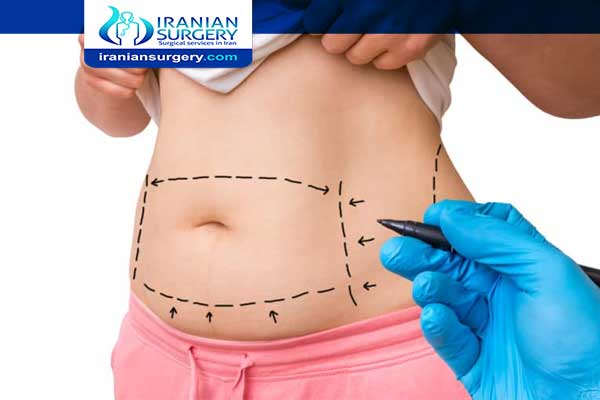Am I a Right Candidate for Tummy Tuck Revision?
Who is a Candidate for Tummy Tuck Revision?
Patients are usually candidates for Tummy Tuck revision if they have:
. Belly button (umbilicus) distortion: There are many ways in which the umbilicus can be distorted with a Tummy Tuck. Some of the changes that can occur after surgery are the following:
. Belly button shrinkage (stenosis). This occurs when the umbilicus gets very small after surgery.
. Enlarged belly button: When the size of the belly button is too large causing a cosmetically unpleasant enlarged appearance.
. Elongated belly button look. This results when the vertical pull of the skin causes the shape of the belly button to change from a round to an elliptical and elongated shape.
. Conspicuous scar around the belly button.
Read more about : My bmi is 35 can i get a tummy tuck?
Read more about : Tummy tuck scar after 5 years
. Scar revision: when the appearance of the Tummy Tuck scar is unpleasant. Some of the common causes of Tummy Tuck Revision (abdominoplasty revision) regarding scar revision are:
. Scar thickening and malposition
. Scar lies high in the abdomen (thus, preventing you of being able to wear clothes as low as you might want.
. Asymmetric scar (one side can be higher than the other side, which can also compromise the look and the clothes that you might want to wear.)
. Residual deformities. Some of the most common residual deformities after a Tummy Tuck are the following:
. Dog-ears: Dog-ears can be common if the amount of tissue removal is inadequate at the time of closing the scar on the sides. A dog-ear is the result of a significant lack of soft tissue excision, which allows the tissue to bunch on the sides.
. Residual fat deposits: The most common areas that require revision after surgery is the mons pubis and the flanks. This is usually evident in patients that undergo traditional Tummy Tuck (classic abdominoplasty) when a Brazilian Tummy Tuck (lipo-abdominoplasty) was indicated. If liposuction is not performed in these areas, you will have a flat abdomen but an unsightly bulginess that will be aesthetically unpleasant. In addition, the flanks require extensive liposuction to diminish the waistline and avoid excessive fat bulginess.
. Inadequate tissue removal
. Epigastric bulging: Insufficient suturing of the abdominal wall muscles above the belly button (diastasis of the recti repair) can give you bulginess in this area that affects your abdomen negatively.
. Unsatisfactory overall Tummy Tuck appearance
Who should avoid undergoing a Tummy Tuck Revision?
. Pregnant women cannot undergo this procedure. However, pregnancy happens to be a major cause for women to undergo this procedure.
. Heart patients and individuals with circulatory disorders must refrain from undergoing this procedure unless cleared by their cardiologists.
. Individuals who have had major surgeries like kidney transplant, in the area in the past must be extremely careful as they have an increased risk of complications.
. Small, uncomplicated hernia repairs can be performed with a tummy tuck revision surgery.
. Smoking: Non-smokers are preferable, or smokers who quit at least six weeks before surgery.
. Amount of intra-abdominal fat surrounding your internal organs: You may need to slim down before considering a tummy tuck revision.
. Intention of having more children: Muscles repaired during a tummy tuck revision can separate again during future pregnancy.


